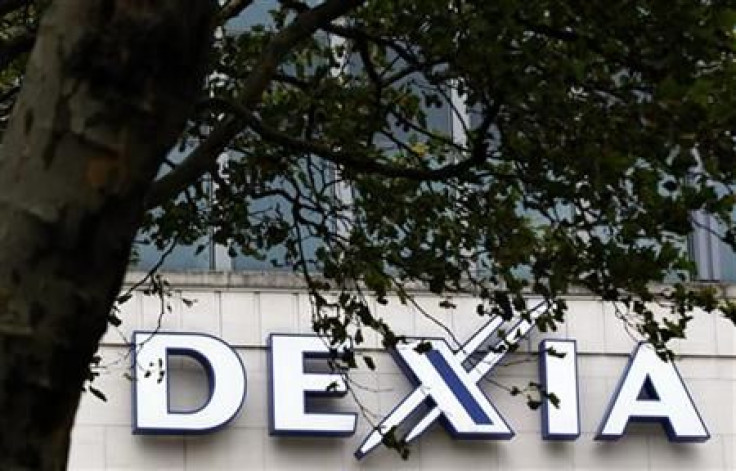France, Belgium Set to Finalize Dexia Breakup

France and Belgium are set to finalize the breakup Sunday of Dexia, the first bank to fall victim to the Eurozone sovereign debt crisis, with global credit risk exposure of 512 billion euros ($691 billion).
Dexia, whose board is also due to meet Sunday, was forced to seek government help this week after a liquidity crunch hobbled the lender and sent its shares into a tailspin.
Belgian caretaker Prime Minister Yves Leterme told a news conference Saturday that final negotiations between France and Belgium would take place in Brussels Sunday.
Finance Minister Didier Reynders said Belgium had been in touch with France, Luxembourg, and the European Commission.
I hope tomorrow we will reach our goals, he said.
The Franco-Belgian bank's near collapse stoked investors' anxieties about the strength of European banks and coincided with growing talk about coordinated EU action to recapitalise banks across the continent.
The burden of bailing out Dexia led ratings agency Moody's to warn Belgium Friday that its Aa1 government bond ratings may fall.
Some investors view the response to Dexia's woes as a test of European governments' ability to take decisive action to rescue banks if the Eurozone debt crisis worsens.
French President Nicolas Sarkozy was due to meet German Chancellor Angela Merkel Sunday in Berlin to thrash out differences on how to use the Eurozone's financial firepower to salve a sovereign debt crisis that threatens the global economy.
Dexia's overhaul will see its French municipal-financing arm split from the group and merged with French state bank Caisse des Depots and Banque Postale, the post office's banking arm.
The Belgian government wants to nationalize Dexia's largely retail banking business in Belgium.
Healthy units, such as Denizbank in Turkey, will be sold.
A so-called bad bank supported by state guarantees will hold 95 billion euros in bonds, including 12 billion euros of sovereign debt of weaker Eurozone periphery nations.
Including 7 billion euros of securities linked to U.S. mortgages, France and Belgium may need to provide guarantees to cover as much as 200 billion euros of assets, which would be more than 55 percent of Belgian gross domestic product.
The key issues for Sunday's talks will be how to divide up the bad-bank assets, how much Belgium should pay to nationalize Dexia's Belgian banking business, and whether others, such as Belgium's regions, would be involved in its purchase.
Dexia's shares have been suspended since Thursday afternoon and have lost 42 percent since the preceding Friday.
(Editing by Louise Ireland)
Reuters
© Copyright Thomson Reuters 2024. All rights reserved.











